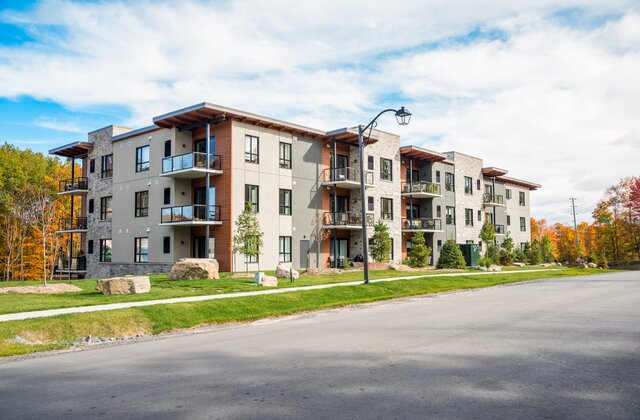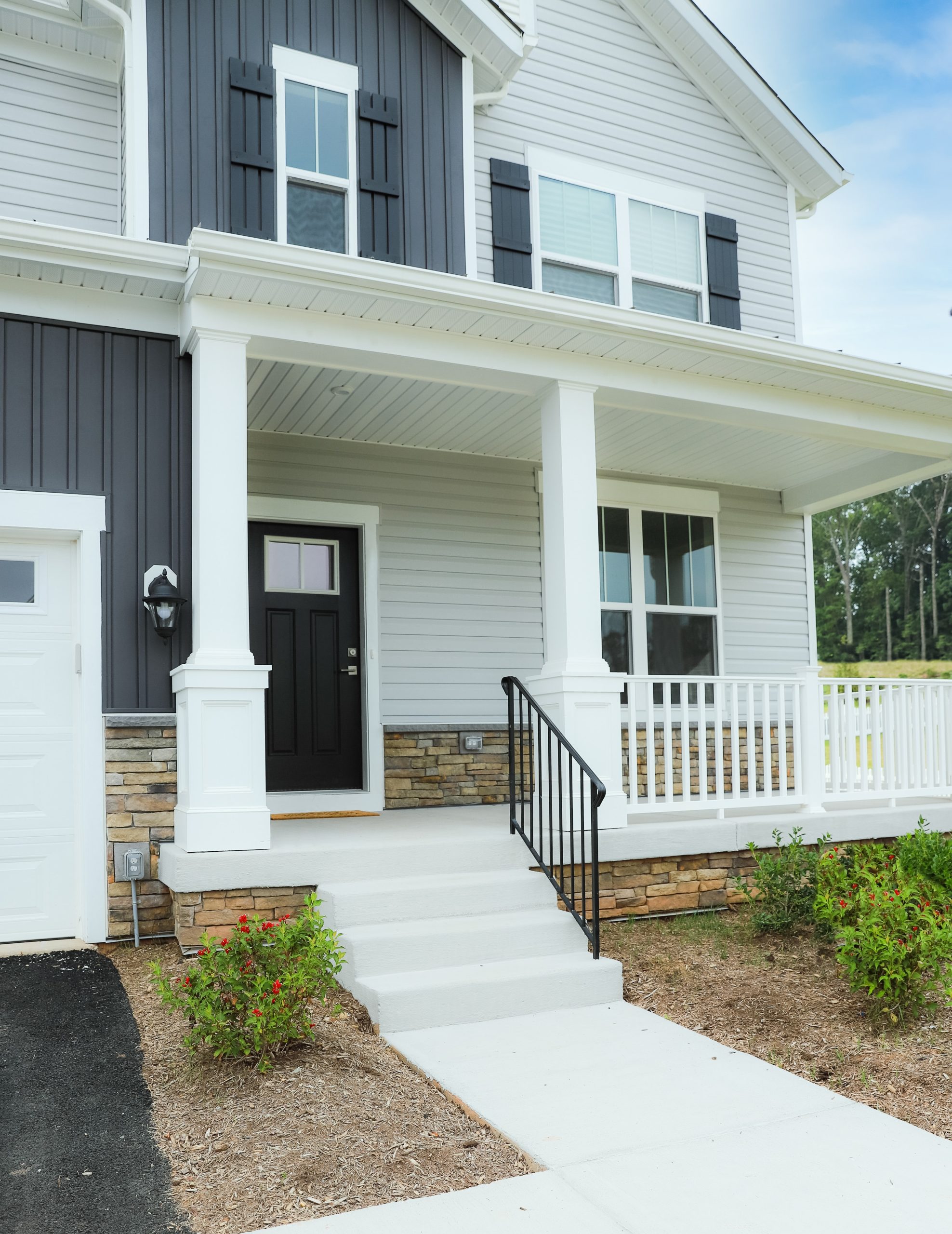Homebuying is a process that’s weighed heavily in emotion and often driven by psychological factors. From desiring a certain lifestyle or feeling overwhelmed with options, to feeling the pressure of making a large financial commitment, buyers are often barraged with internal and external influences when it comes time to make a decision. But, what really drives potential buyers to look for a particular property? Why do some people buy one house over another? In this blog post, we’ll discuss the psychology of homebuying and how understanding these core drivers can help you create better marketing campaigns for your real estate business.
The psychology of homebuying
There are a number of psychological factors that come into play when people are making the decision to buy a home. Some of these may be conscious, while others may be more subconscious. But all of them play a role in influencing buyers’ decisions.
One of the most important psychological factors is perceived value. This is what buyers believe the home is worth to them, based on their own personal criteria and preferences. Obviously, different buyers will have different perceptions of value. But in general, the perceived value must be greater than the actual price of the home for a sale to occur.
Another important factor is motivation. What is driving the buyer to purchase a home? Is it a need for more space, or a desire to live in a particular neighbourhood? Or is it simply an investment decision? Understanding the buyer’s motivation can help sellers tailor their sales pitch and better understand how to negotiate.
Finally, there is the issue of emotions. Homebuying is often an emotional decision, driven by things like nostalgia or a desire for stability. And while logic and reason may play a role in the final decision, emotion can often be the deciding factor when buyers are confronted with two similar homes.
The different factors that drive buyers to make decisions
The different factors that drive buyers to make decisions are numerous and varied. However, there are some common threads that emerge when looking at what drives buyers to make decisions. These include:
– Need for security: Buyers want to feel secure in their purchase, and this can be a key factor in driving them to make a decision. They may look for properties that offer features such as gated entry, security systems, or even simply a good neighborhood reputation.
– Emotional connection: Another key factor that can drive buyers to make a decision is an emotional connection to the property. This could be anything from feeling a sense of “home” when they walk in, to liking the layout or style of the property.
– Practical considerations: Of course, practical considerations also play a role in buyer decision-making. Things like school districts, commute times, and local amenities can all be important factors for buyers when making their final decision on a property.
How to use psychology to your advantage when buying a home
As a homebuyer, it’s important to be aware of the psychological factors that come into play when making a purchase. By understanding how buyers think and what motivates them, you can use this knowledge to your advantage.
One of the most important psychological factors to consider is the concept of loss aversion. This refers to the fact that people are more motivated by the fear of losing something than they are by the prospect of gaining something. In other words, we’re more likely to take action to avoid a loss than we are to achieve a gain.
When it comes to buying a home, loss aversion can work in two ways. First, we’re more likely to buy a home if we feel like we’re about to lose out on it. This might mean making an offer quickly or paying slightly more than we had planned in order to beat out other interested buyers. Second, we’re also more likely to justify our purchase if we feel like we’ve already invested a lot in the process. This might mean continuing to look at homes even after we’ve found one that meets our needs, just in case there’s something better out there.
Another important psychological factor to consider is social proof. This refers to the tendency for people to follow the lead of others when they’re unsure of what to do themselves. In the context of homebuying, social proof can come into play when friends or family members give their opinion on a particular property or neighbourhood. We’re also more
Conclusion
In conclusion, homebuyers’ decisions are driven by a variety of factors that range from personal emotions to economic considerations. Understanding these underlying psychological drivers can help sellers and real estate agents better understand their clients’ needs and make informed decisions about how best to market and price a property. By taking the time to uncover the psychology behind homebuying, real estate professionals can give themselves an edge in the highly competitive industry.











